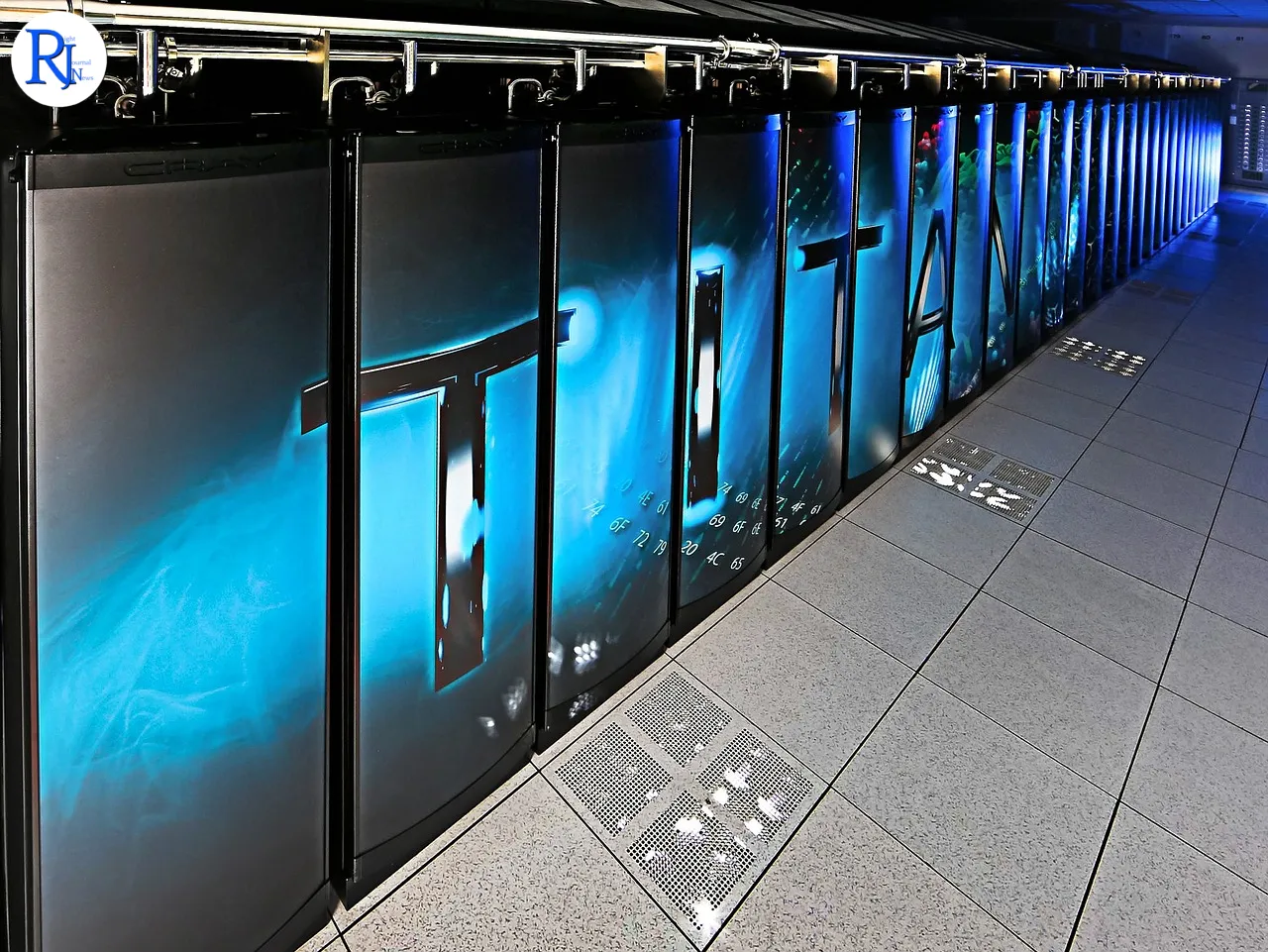A quantum computing start-up is setting its sights on a groundbreaking achievement: launching a 1000-qubit quantum computer by 2031. This ambitious endeavour could potentially render traditional high-performance computing (HPC) systems obsolete, heralding a new era in computational power and efficiency. The key players in this venture are confident that their innovative approach will revolutionise the computing landscape, reducing power demands and the physical footprint of quantum systems.
Pioneering Quantum Technology
The start-up, which has not been named to maintain confidentiality, is leveraging multimode encoding techniques to enhance quantum computing capabilities. This method allows multiple qubits to be stored and processed simultaneously, effectively increasing the computational capacity of the system without requiring a proportional increase in physical hardware. By shrinking the size of quantum systems, this technology could make quantum computers more accessible and practical for a wider range of applications.
Dr. Emily Chambers, a leading quantum physicist at the University of Oxford, emphasises the potential of this innovation. “Multimode encoding is a game-changer. It allows us to pack more information into each qubit, making quantum computers far more powerful and efficient,” she explains. “This could significantly accelerate the development of quantum technology and its applications across various industries.”

Timing and Location of the Breakthrough
This announcement comes as the global quantum computing race intensifies. The start-up, based in London, revealed its ambitious timeline and technological strategy at a recent conference held on 1st June 2025. The timing of this declaration is crucial, as it aligns with increasing investments and interest in quantum technologies worldwide. Governments and private enterprises are pouring resources into quantum research, recognising its potential to solve complex problems beyond the reach of classical computers.
London has emerged as a hub for quantum innovation, with numerous start-ups and research institutions collaborating to push the boundaries of what is possible. The city’s strategic position, combined with significant funding and talent, makes it an ideal location for pioneering advancements in this field.
Revolutionising the HPC Market
The potential impact of a 1000-qubit machine on the traditional HPC market is profound. Quantum computers operate on principles fundamentally different from classical computers, enabling them to tackle problems involving massive data sets and complex calculations with unprecedented speed and efficiency. This capability could transform industries such as pharmaceuticals, finance, and logistics, where large-scale data processing is crucial.
Professor John Ellis, a computer science expert at Imperial College London, highlights the implications for the HPC sector. “Quantum computing has the potential to disrupt the current market by offering solutions that are orders of magnitude faster than traditional computers,” he says. “Companies that rely heavily on HPC will need to adapt quickly or risk being left behind.”
Challenges and Opportunities Ahead
Despite the promise of quantum computing, significant challenges remain. Developing stable and reliable quantum systems is a complex task, requiring advances in materials science, error correction, and system integration. The start-up’s goal of achieving a 1000-qubit machine by 2031 is ambitious, but it is not without its hurdles.
However, the potential rewards are immense. With successful implementation, quantum computers could revolutionise fields such as cryptography, artificial intelligence, and climate modelling. The ability to perform complex simulations and analyses at unprecedented speeds could lead to breakthroughs in understanding and addressing global challenges.
Looking Towards the Future
As the quantum computing landscape evolves, the start-up’s ambitious goal serves as a beacon of innovation and possibility. The pursuit of a 1000-qubit machine by 2031 reflects a broader trend towards harnessing the power of quantum mechanics to solve real-world problems. The implications for industries and society are vast, promising a future where traditional computational limitations are overcome.
The journey to achieving this milestone will be closely watched by researchers, investors, and industry leaders alike. The success of this venture could redefine the boundaries of computing and open new frontiers in technology and science. As the world anticipates the next quantum leap, the potential for transformative change remains an exciting and tangible prospect.

